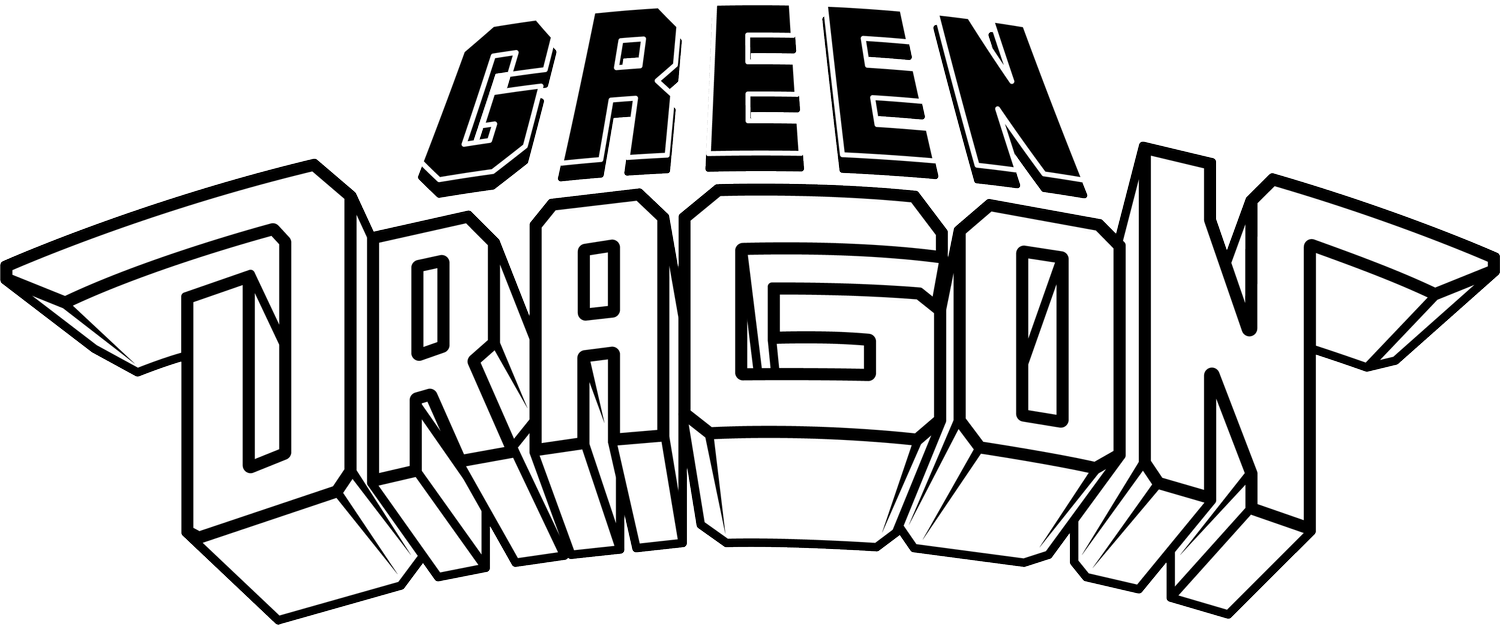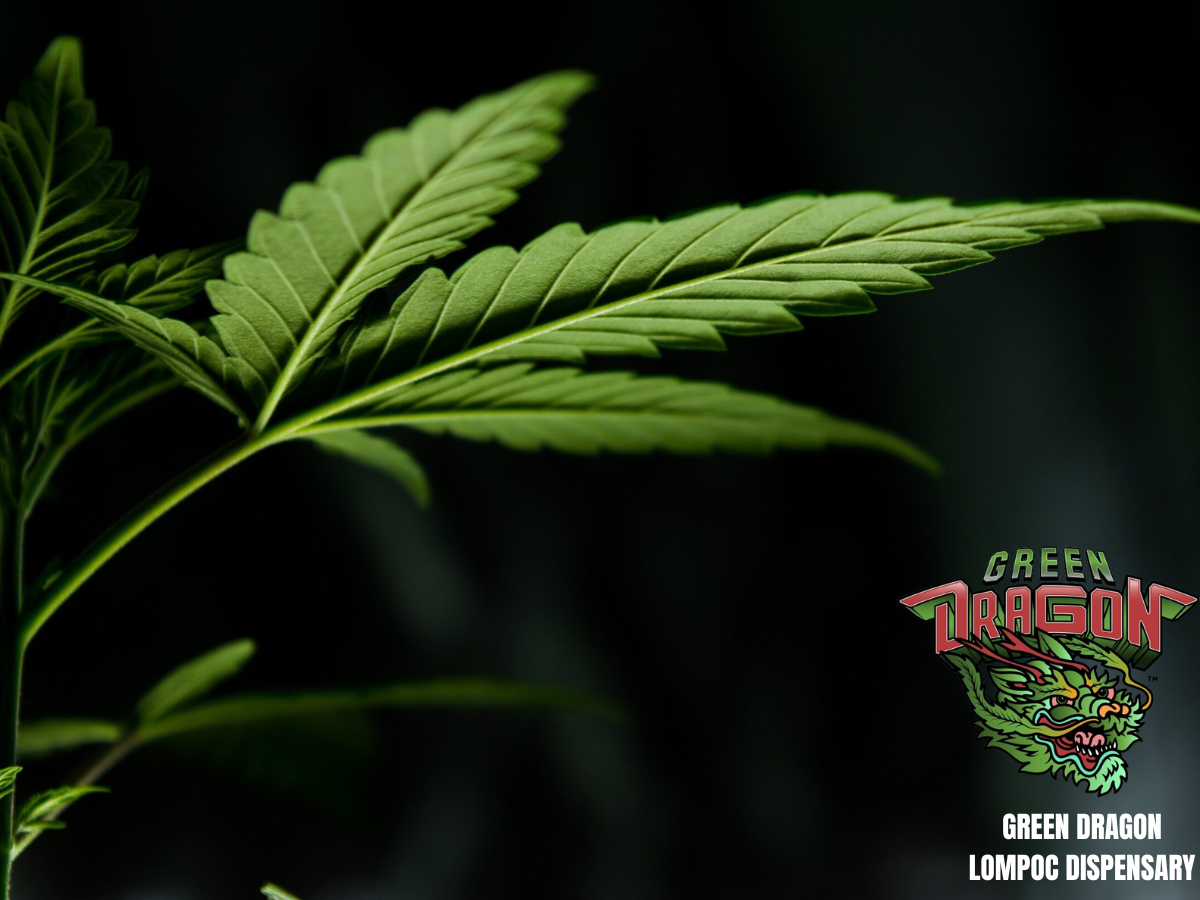Is CBD Responsible for Making You Hungry
Cannabidiol (CBD) extracted from hemp has a lot of possible benefits. This includes suppressing hunger for some people, but not the same for others. More study is still needed to fully understand CBD’s role in controlling weight and hunger.
Marijuana contains THC, which is a compound that is able to stimulate the appetite and trigger hunger. But, what of CBD, which is the laid-back relative of THC? Can CBD-infused products, like tinctures, oils, and edibles.
All that you need to know concerning appetite and CBD are all written in this article.
Will CBD make you hungry?
CBD by itself lacks the appetite-inducing properties of THC, its psychoactive relative. Therefore, you won’t likely have the hungry feeling if you are mixing CBD into your smoothie or putting it under your tongue.
Still, each person is different! Also, some research suggests that it may increase hunger. For instance, in a 2015 research on children making use of CBD to manage the symptoms of epilepsy, three out of ten caregivers stated that their children’s appetite had risen noticeably as a result of CBD.
In another research, children who have Dravet Syndrome, a kind of epilepsy, who used CBD had varying effects on their appetites. Some showed increases, while others showed declines. Therefore, CBD’s effects on hunger are variable and may depend on things like product type and genetics.
Do cannabinoids increase your appetite?
Cannabinoids, which are the active compounds in cannabis plants, include both CBD and THC.
THC is well-known for its intoxicating properties and remarkable capacity to elevate even the lowest snack to look like a heavenly delicacy. It increases the urge to eat by stimulating the brain’s production of ghrelin, a hunger hormone. THC can improve the aroma and flavor of food, making it more alluring. Therefore, just get ready to parade the cupboard if you use THC!
Let us now talk about CBD, the calmer relative of THC. Even though they are related, CBD has a distinct take on appetite than other members of its family. It does not make you feel hungry the way THC does, but study is still being done on its more complex role.
The appetite may not be immediately stimulated by CBD. Rather, it could subtly lessen the signs of diseases like chronic pain or anxiety. For instance, a research conducted on animals discovered that CBD could increase hunger by lessening the signs of upset stomach.
However, if the both of them are cannabinoids, why are they different? THC looks like anandamide, which is an endocannabinoid that your body naturally produces. So, there is evidence that it directly interacts with your cannabinoid receptors. CBD does not seem to bond like THC, despite the fact that experts are unsure of how exactly it interacts with the cannabinoid receptors. The various effects on hunger/appetite may be explained by these variations in binding.
Conclusion
There is a complex link between appetite, weight, and CBD. In contrast to its psychoactive relative, THC does not automatically stimulate appetite. However, research indicates that it can also have both appetite-suppressing and stimulating effects, so it is not totally immune to altering hunger sensations.
What’s the takeaway? Despite the many benefits that CBD is said to offer, it is important to keep in mind that each individual will respond differently to CBD’s complex effects on appetite and weight. More research is still required to fully understand its impacts.


